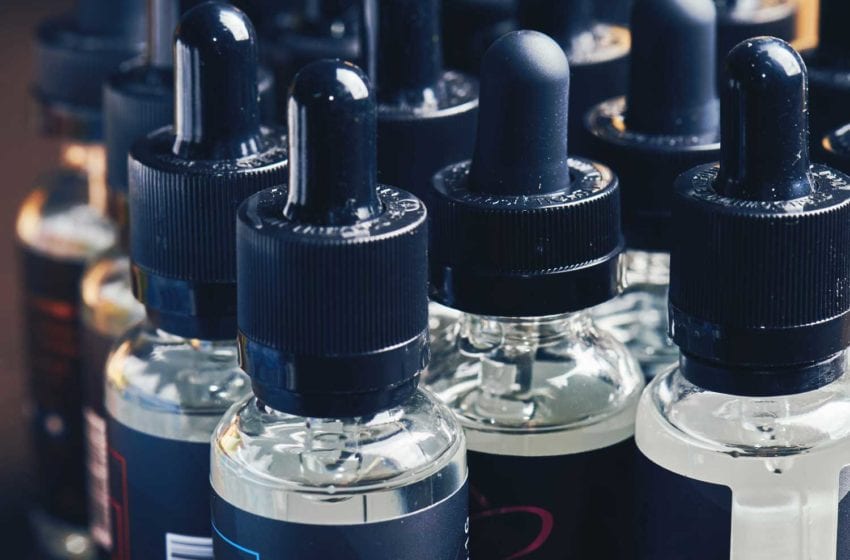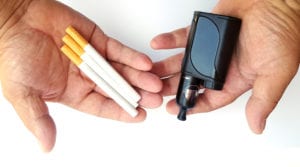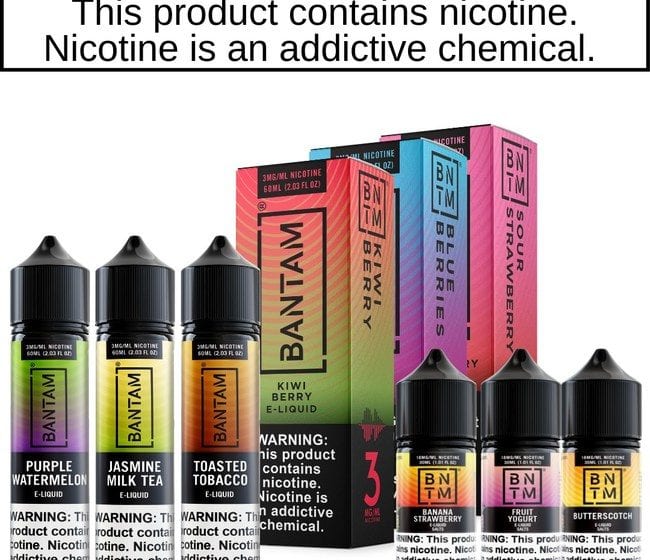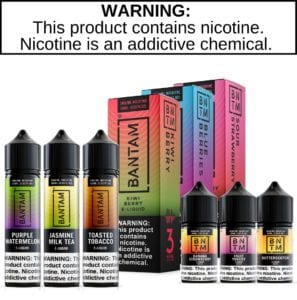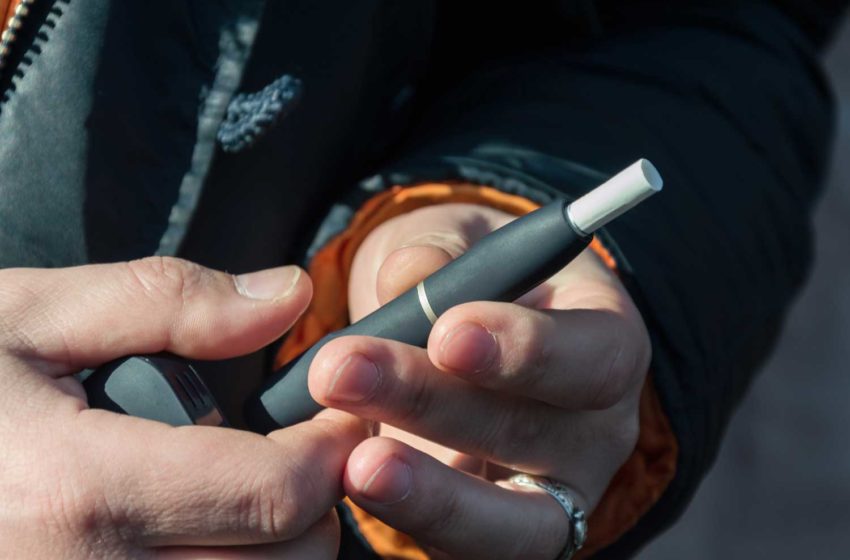A new paper co-authored by a majority of recognized tobacco control experts in the United Sates endorses the harm reduction benefits of vaping for adult smokers trying to quit combustible cigarettes. The group of experts state that the public image of vaping products must be improved and electronic nicotine-delivery systems (ENDS) should be promoted as a safer alternative to combustible cigarettes.
“Opponents focus on e-cigarettes’ risks for young people, while supporters emphasize the potential for e-cigarettes to assist smokers in quitting smoking. Most US health organizations, media coverage, and policymakers have focused primarily on risks to youths,” the report states. “Because of their messaging, much of the public—including most smokers—now consider e-cigarette use as dangerous as or more dangerous than smoking. By contrast, the National Academies of Science, Engineering, and Medicine concluded that e-cigarette use is likely far less hazardous than smoking. Policies intended to reduce adolescent vaping may also reduce adult smokers’ use of e-cigarettes in quit attempts.”
The paper, published August 19 in The American Journal of Public Health, was led by Kenneth Warner, a professor emeritus of health management and policy at the University of Michigan and a distinguished tobacco control expert. Fifteen former presidents of the Society for Research on Nicotine and Tobacco (SRNT), the leading scientific professional society focused on nicotine and tobacco, co-authored the paper.
The authors present four categories of evidence supporting vaping as a quit aid for combustible tobacco use: the results of randomized trials, which show e-cigarettes outperform other cessation methods like nicotine patches; population studies, the findings of which “are consistent with a near doubling of quit attempt success”; cigarette sales, which decrease rapidly as vaping sales increase; and the unintended consequences of policies restricting vaping, such as bans that unintentionally shot up cigarette smoking.
“The major elements of the public health community that are concerned with tobacco have been singularly focused on the risk to kids,” Warner told Alex Norcia of Filter. “They seem to truly have no interest whatsoever in adult smokers. The other piece is that you’re seeing lots of allegedly scientific papers that are raising health concerns that are unwarranted.” One such paper, which claimed that vaping increased the likelihood of having a heart attack, was later retracted.
The paper also presents “a sensible mix of policies” to boost ENDS use, including taxing traditional cigarettes higher than e-cigarettes to encourage adult smokers to switch, allowing flavored vaping products available only at vape shops, restricting advertising to limit youth initiation and reducing the nicotine levels in cigarettes while ensuring the availability of “consumer-acceptable” reduced-risk nicotine products.
“Because evidence indicates that e-cigarette use can increase the odds of quitting smoking, many scientists, including this essay’s authors, encourage the health community, media, and policymakers to more carefully weigh vaping’s potential to reduce adult smoking-attributable mortality,” the paper states.


